From ESS News
Chinese energy storage manufacturer Biwatt has introduced a C&I product based on sodium-ion cells. The Powerlake I2 is said to be safer than rival energy storage systems because its cells are thermally inert – meaning they won’t self-ignite.
The Powerlake I2 is an all-in-one system with energy storage and an inverter housed in a single control cabinet. Operation is designed to remain stable even under extreme temperature conditions – from -30 C to 55 C.
In the event of a power outage, the system can switch to off-grid operation in less than 20 milliseconds, ensuring uninterrupted power supply.
The battery consists of 230 Ah cells interconnected into 11 kWh modules. Each Powerlake-I2 system contains 14 modules. The input voltage range is 448 V to 885 V. At 25 C; a depth of discharge of 80%; and a two-hour charge/discharge “C-rate” rate of 0.5; the battery can be charged and discharged up to 6,000 times. The discharge power at a 0.5 C-rate is 148 A, and maximum direct-current power is 100 kW. Output voltage is 400 V.
The air-cooled system can be operated up to an altitude of 4,000 m, with a power reduction starting at 2,000 m. The control cabinet weighs 2.2 tons and measures approximately 1.6 m by 1 m by 2 m. With an IP54 protection rating, the system is protected against external influences but is not suitable for outdoor installation.
Sodium-ion batteries are considered an interesting alternative to lithium systems. According to cell manufacturers, they promise high cycle stability, lower costs, and ecological advantages, since sodium is available worldwide as a raw material and could potentially be mined in a more environmentally friendly way than lithium.
This content is protected by copyright and may not be reused. If you want to cooperate with us and would like to reuse some of our content, please contact: editors@pv-magazine.com.
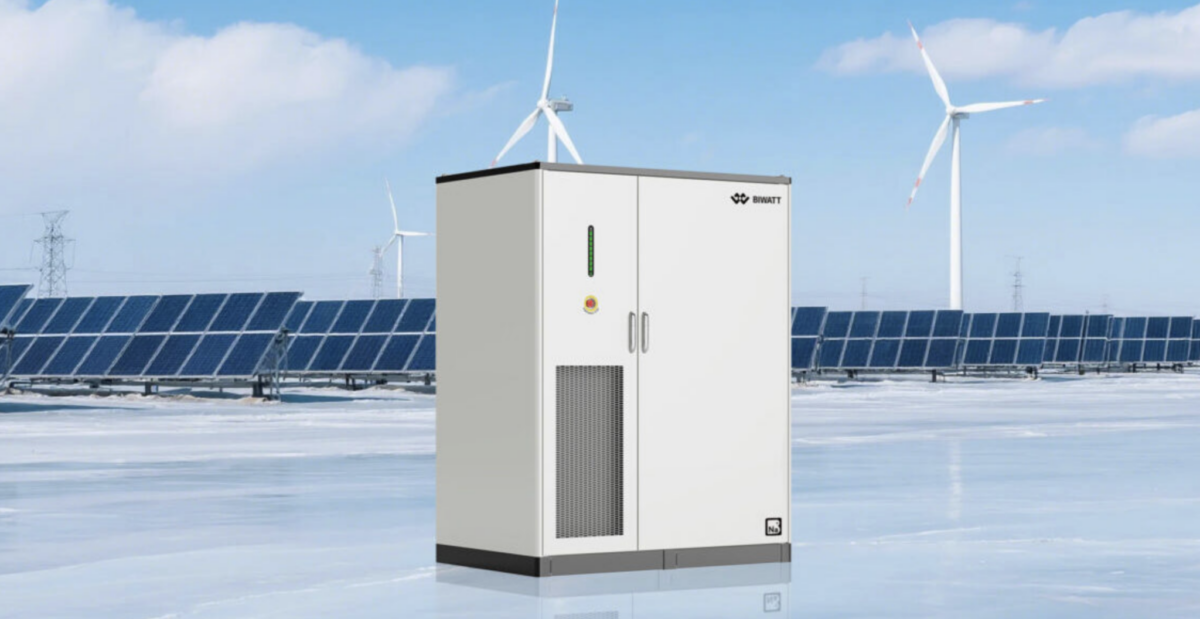
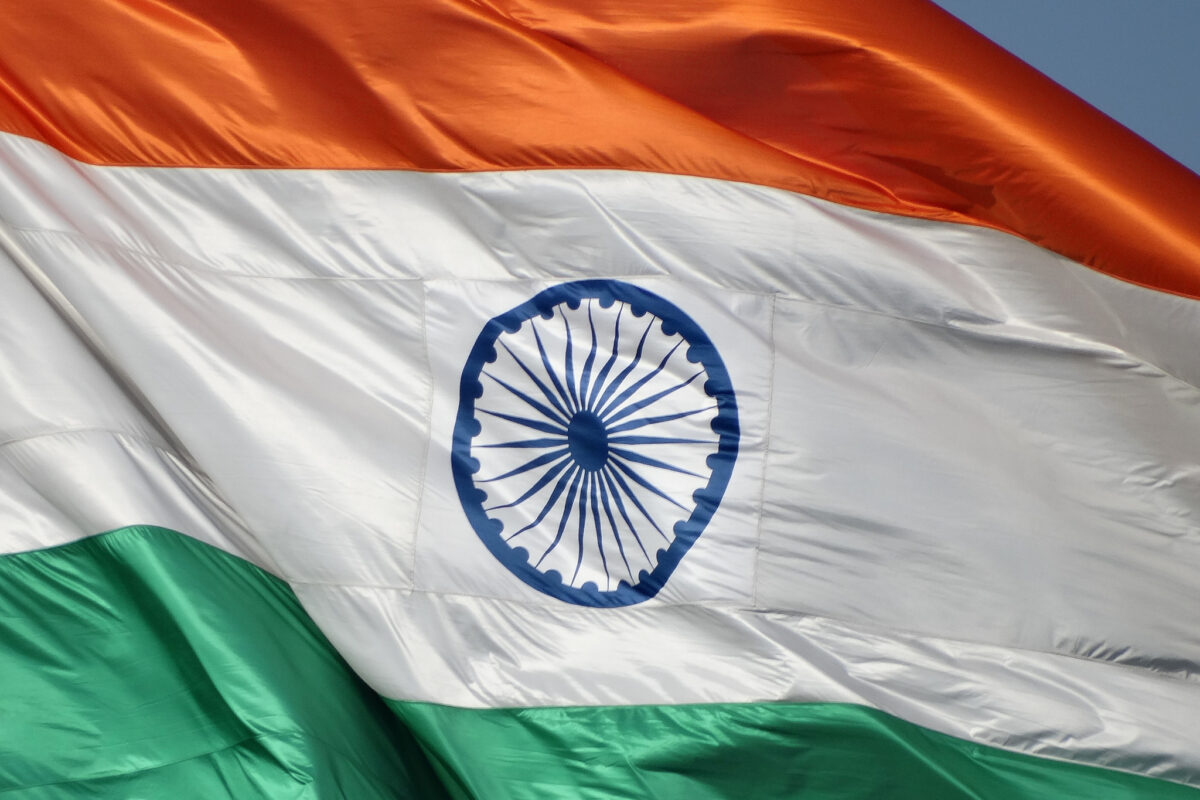



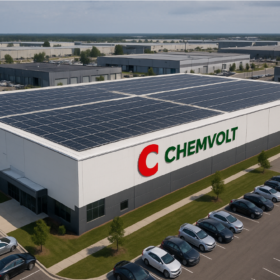
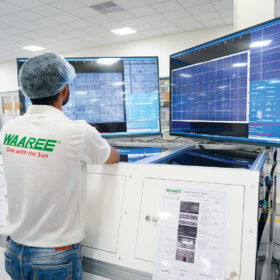
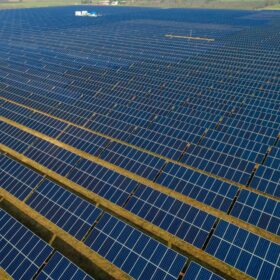
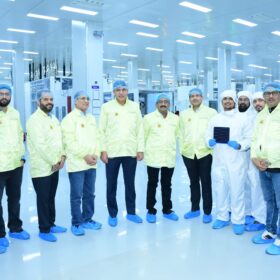
We are inverter manufacturer in India , Need batteries to be compatible